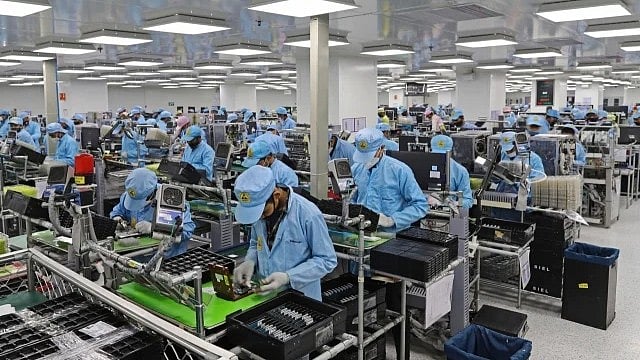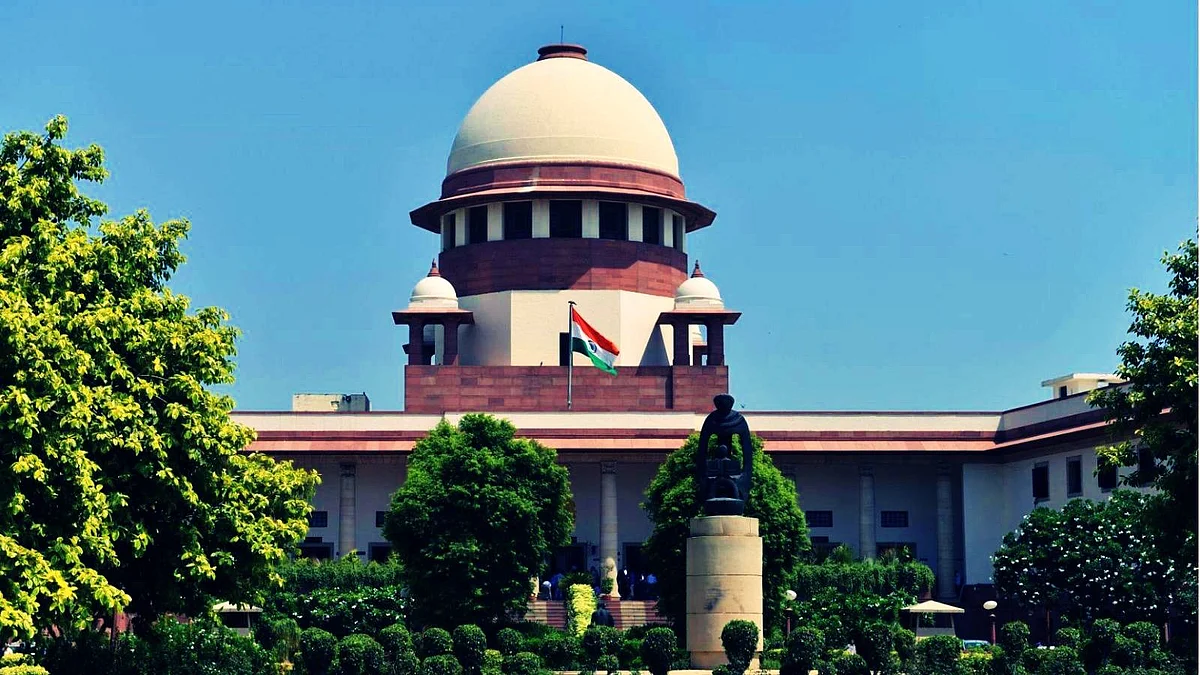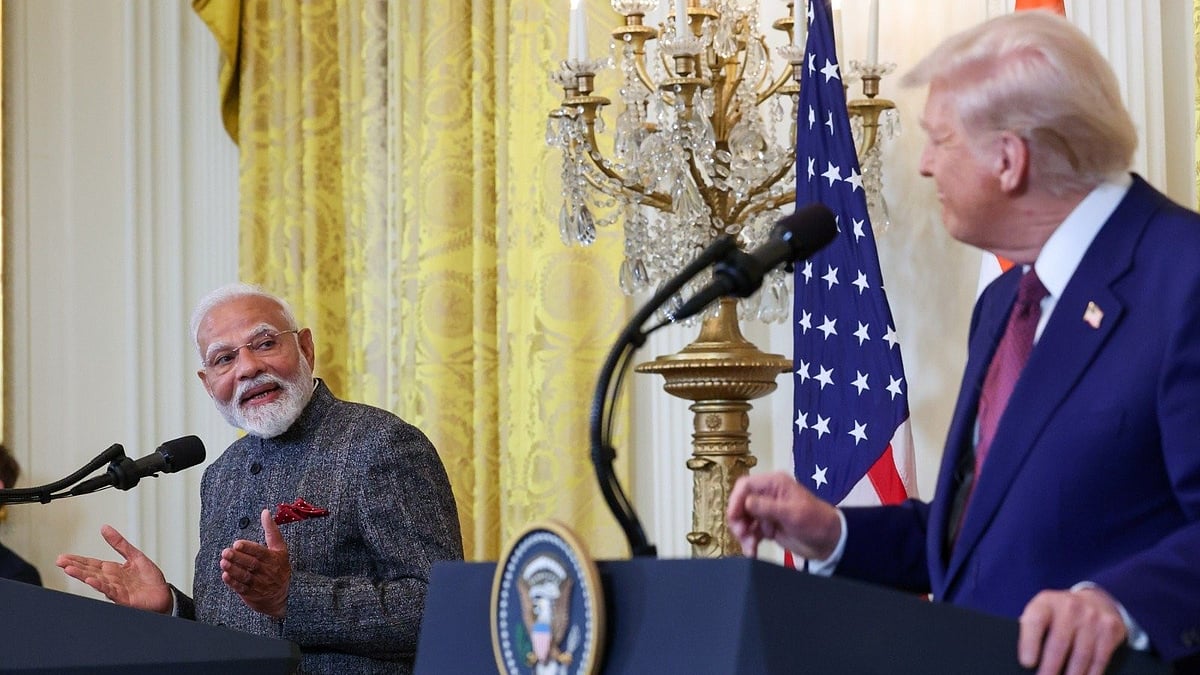Former Prime Minister Manmohan Singh, one of the Congress's top leaders, will turn 89 on September 26. The renowned economist, credited with bringing in sweeping reforms in the 1990s, was Prime Minister for 10 years until the Congress was decimated by the BJP in 2014 and Narendra Modi took power for the first time.
Born on September 26, 1932, former Prime Minister of India Manmohan Singh is always praised for his economic reforms. The economic reforms kick-started in 1991 brought about expansion of the services sector helped largely by a liberalised investment and trade regime.
Though Manmonhan Singh during his tenure as Prime Minister of India was trolled by the Opposition for being too silent. He was also described as a puppet in the hands of Congress president Sonia Gandhi. But he was praised by many economist and hailed by many leaders for his economic reforms which he brought during his tenure. He was also the Finance Minister of the country, 13 years before becoming the Prime Minister.
Here's a look at Manmohan Singh's economic reforms which he brought during his tenure as Prime Minister of India:
1. Helping GDP grow:
Manmohan Singh, along with the former Finance Minister, P Chidambaram, have presided over a period where the Indian economy has grown with an 8–9% economic growth rate. In 2007, India achieved its highest GDP growth rate of 9% and became the second fastest-growing major economy in the world.
Singh's government continued the Golden Quadrilateral and the highway modernization program that was initiated by Vajpayee's government. Singh had also been working on reforming the banking and financial sectors. Under Manmohan Singh the Finance ministry worked towards relieving farmers of their debt and working towards pro-industry policies. In 2005, Singh's government introduced the VAT tax that replaced the complicated sales tax.
2. Special Economic Zones (SEZ) Act 2005:
Under Prime Minister Manmohan Singh, the Special Economic Zone (SEZ) Act 2005 received the approval of the President of India on 23rd June 2005. The Act came into force with the Special Economic Zones (SEZ) Rules 2006 on 10th February 2006.
The act was enacted as a drive to the nation’s economic growth with a view of attracting investments into the country, and through the generation of foreign exchange through the export of goods and services.
The objectives of the act were; to provide a legal framework for establishing Special Economic Zones and its units, to generate additional economic activity by promoting goods and services and generating foreign and domestic investments, and to provide ‘backward and forward’ linkages of the economy by the satisfying the requirements of all the stakeholders in an SEZ.
3. National Rural Employment Guarantee Scheme (NREGA) Act 2005:
The government of India, under Prime Minister Manmohan Singh’s leadership introduced the National Rural Employment Guarantee Act (NREGA) in 2005, which is a social security scheme that aims at providing livelihood, sustenance and employment to rural communities and labourers in India. NREGA ensures income security to rural families by providing a minimum of 100 days of definite wage employment in one year.
This scheme of wage employment is available for adults who’ve volunteered for unskilled manual labour.
NREGA was passed as an Indian Labour Law being implemented in 200 districts across India on 2nd February 2006. More districts were covered, later in April 2008, when the scheme was renamed to Mahatma Gandhi National Rural Employment Guarantee Act (MGNREGA).
4. GDP clocked at 10.08%
According to the back series data on GDP prepared by the Committee on Real Sector Statistics, constituted by the National Statistics Commission, India clocked at a 10.08% growth rate in 2006-2007 under Prime Minister Manmohan Singh’s government.
The report was has been released on the website of the Ministry of Statistics and Programme Implementation (MSPI).
This was the highest recorded GDP in India, since liberalisation of the economy in 1991. The highest GDP growth rate since independence was recorded at 10.2% in 1988-1989, under Rajiv Gandhi‘s Prime Ministership.
5. India-US Nuclear Deal
Perhaps, one of the biggest achievements of India under the government of Prime Minister Manmohan Singh, was the signing of the Indo-US Nuclear Deal or the India Civil Nuclear Agreement. The framework for this agreement between India and the US was made in a joint statement by Manmohan Singh and the then President of United States of America, George W. Bush. Under the agreement, India agreed to separate its civil and military nuclear facilities and that all civil nuclear facilities would be placed under the International Atomic Energy Agency (IAEA). The agreement was signed on 18th July 2005.
The United States-India Peaceful Atomic Energy Cooperation Act of 2006, or Hyde Act, is a US domestic law that modifies the requirements of Section 123 of the US Atomic Energy Act to permit nuclear cooperation with India, and in particular to negotiate a 123 Agreement to operationalise the 2005 Joint Statement.
The US House of Representatives passed the bill for approval on 28th September 2008. On 1st October 2008, the US Senate approved the civilian nuclear agreement allowing India to purchase nuclear fuel and technology from, and sell them to the United States.











